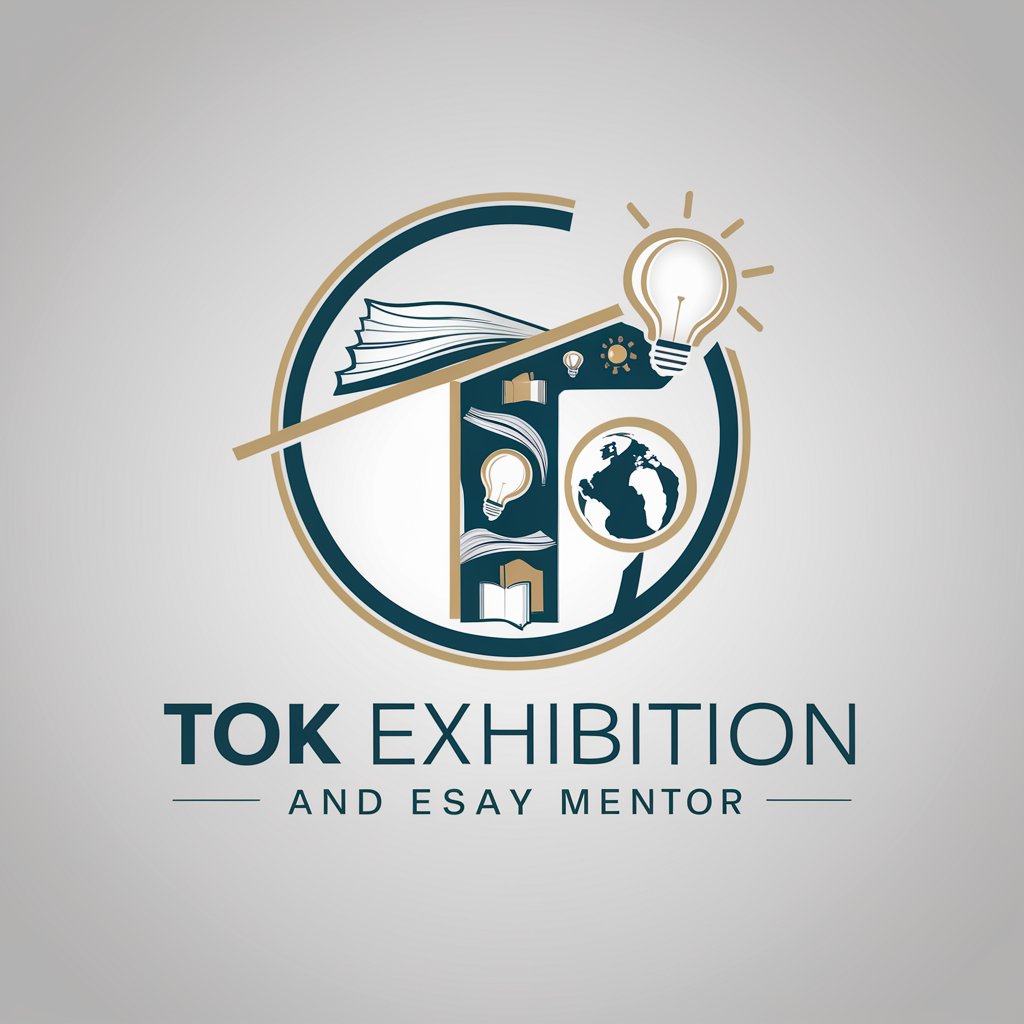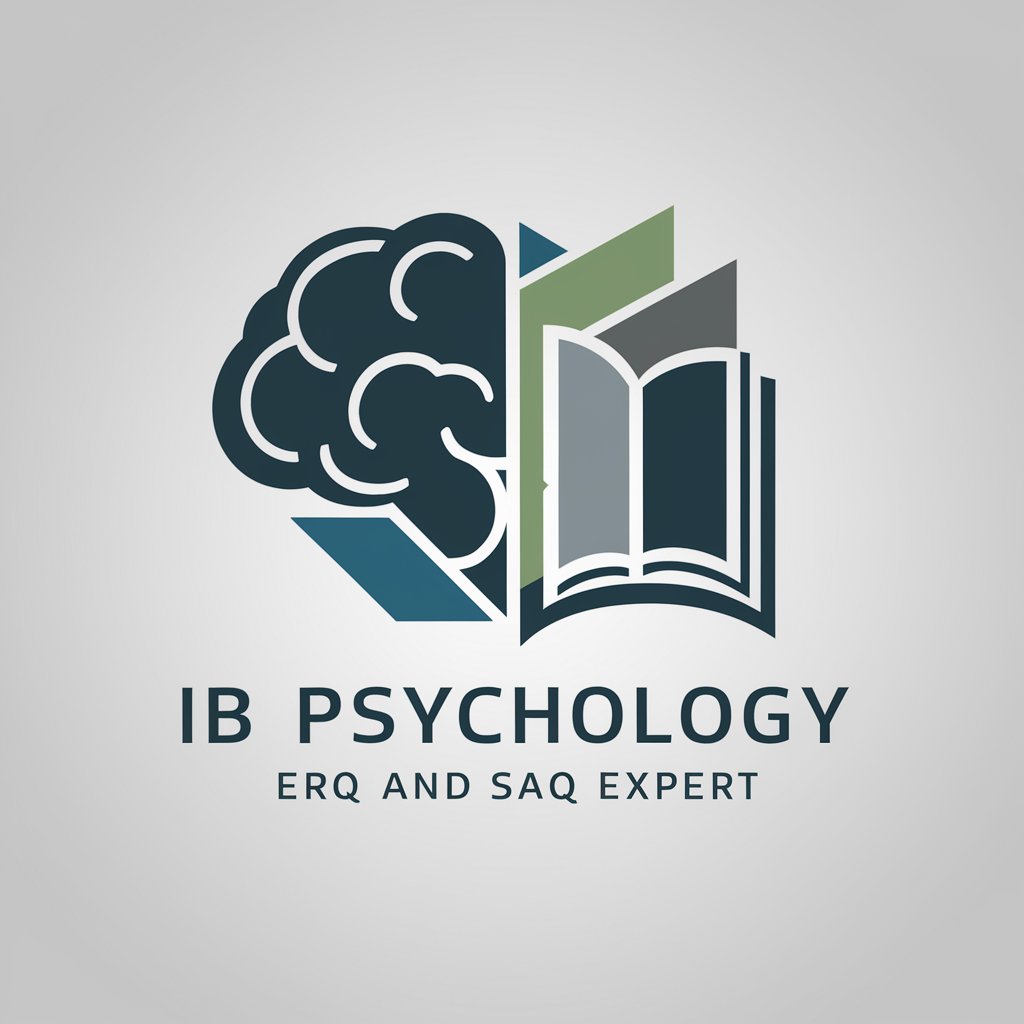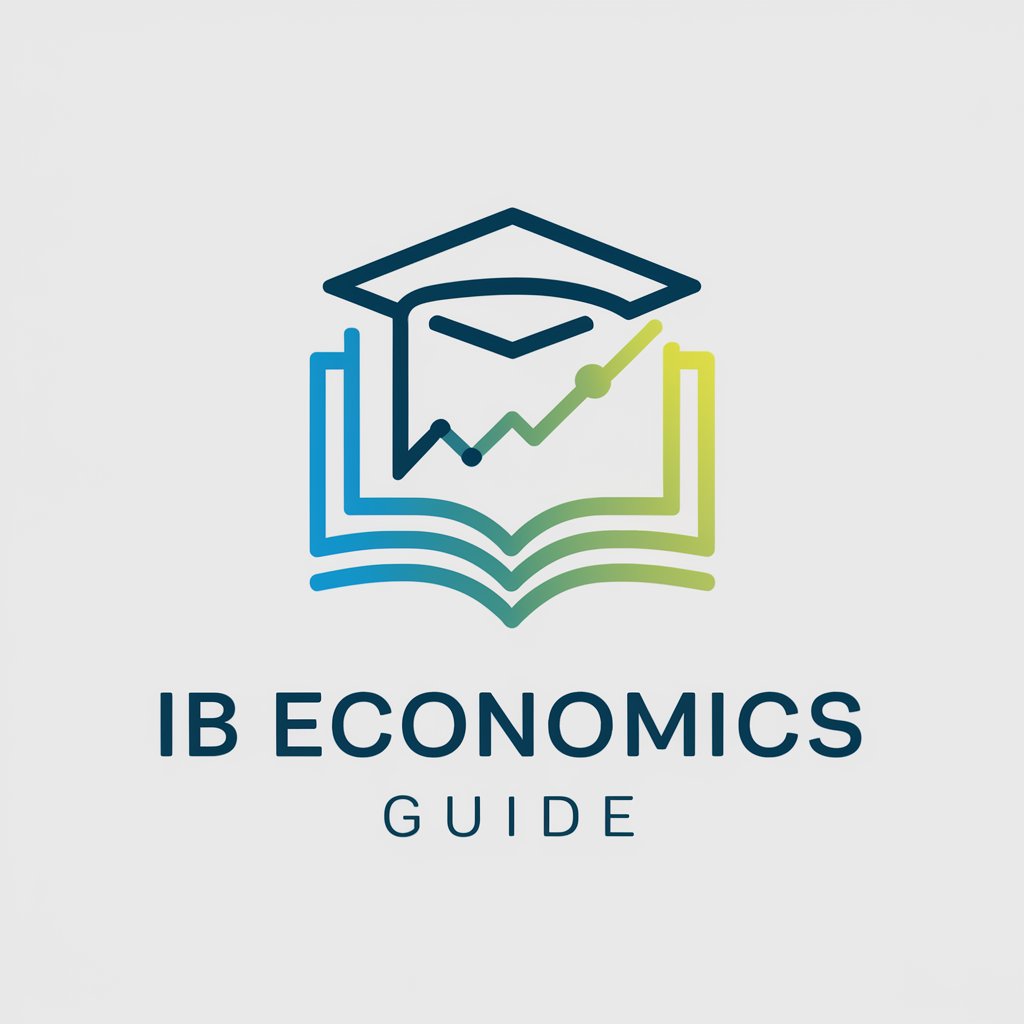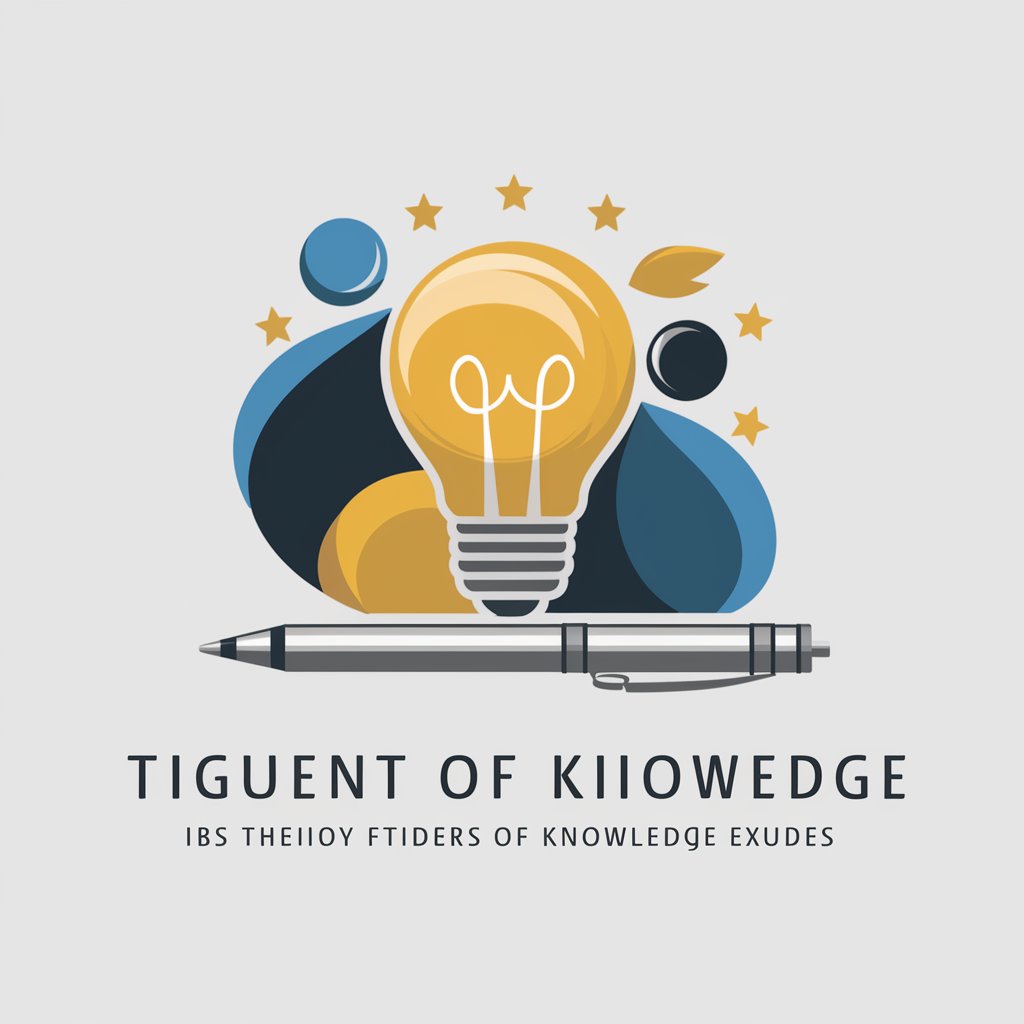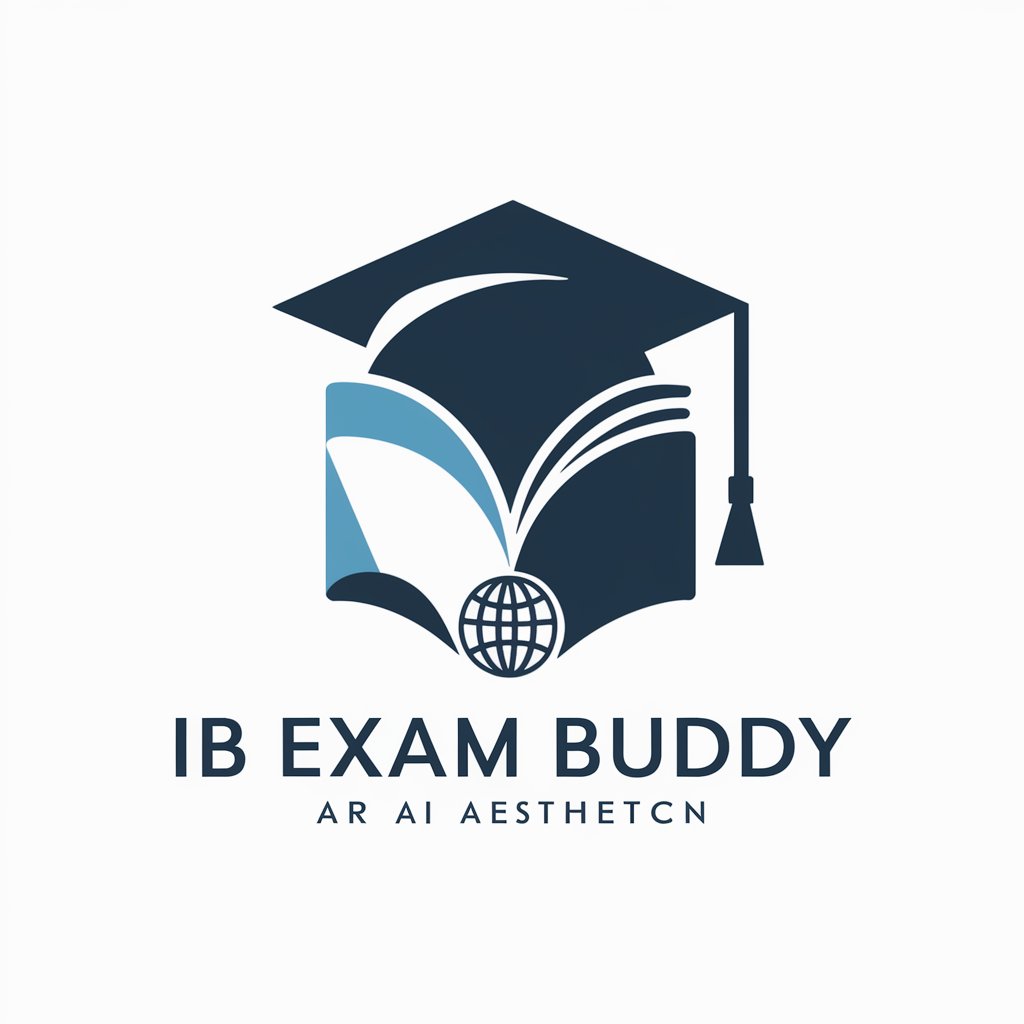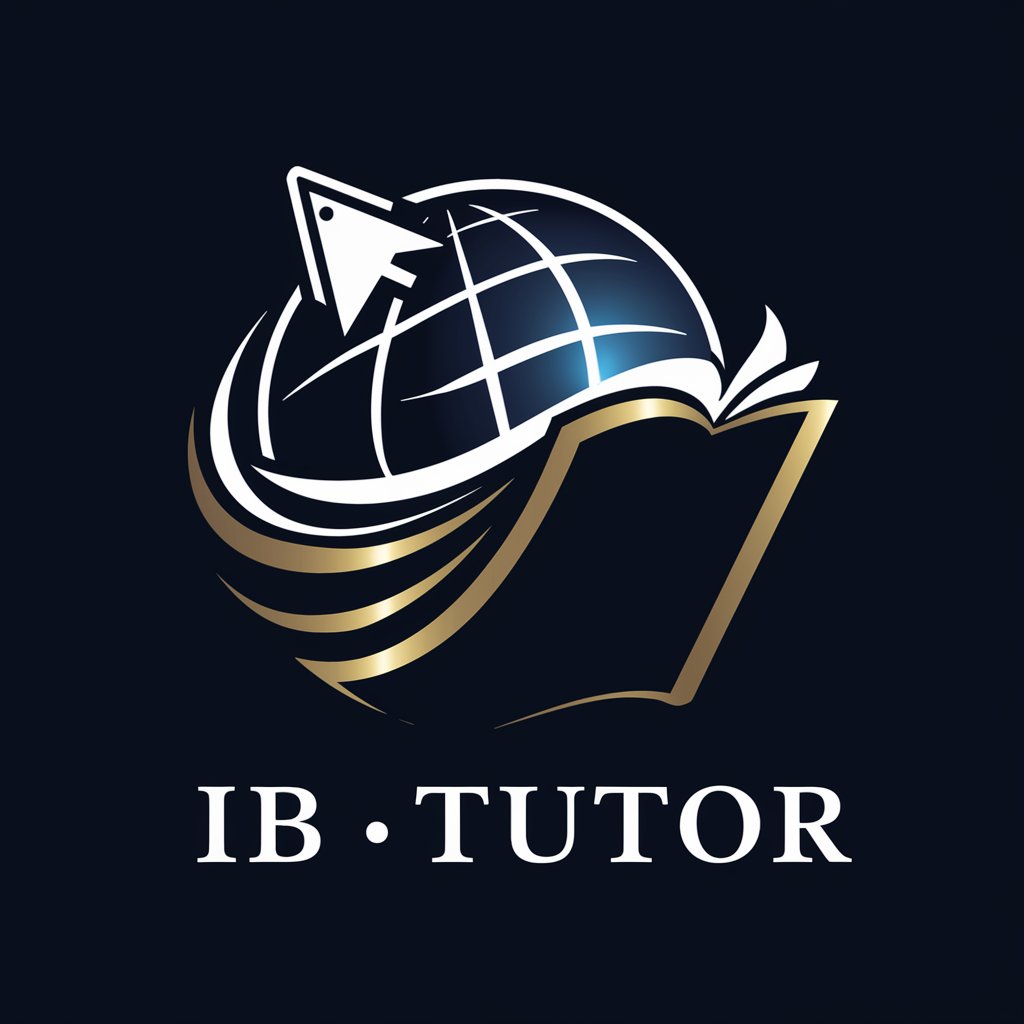
Theory of Knowledge IB 10/10 Guide - TOK Essay and Presentation Help
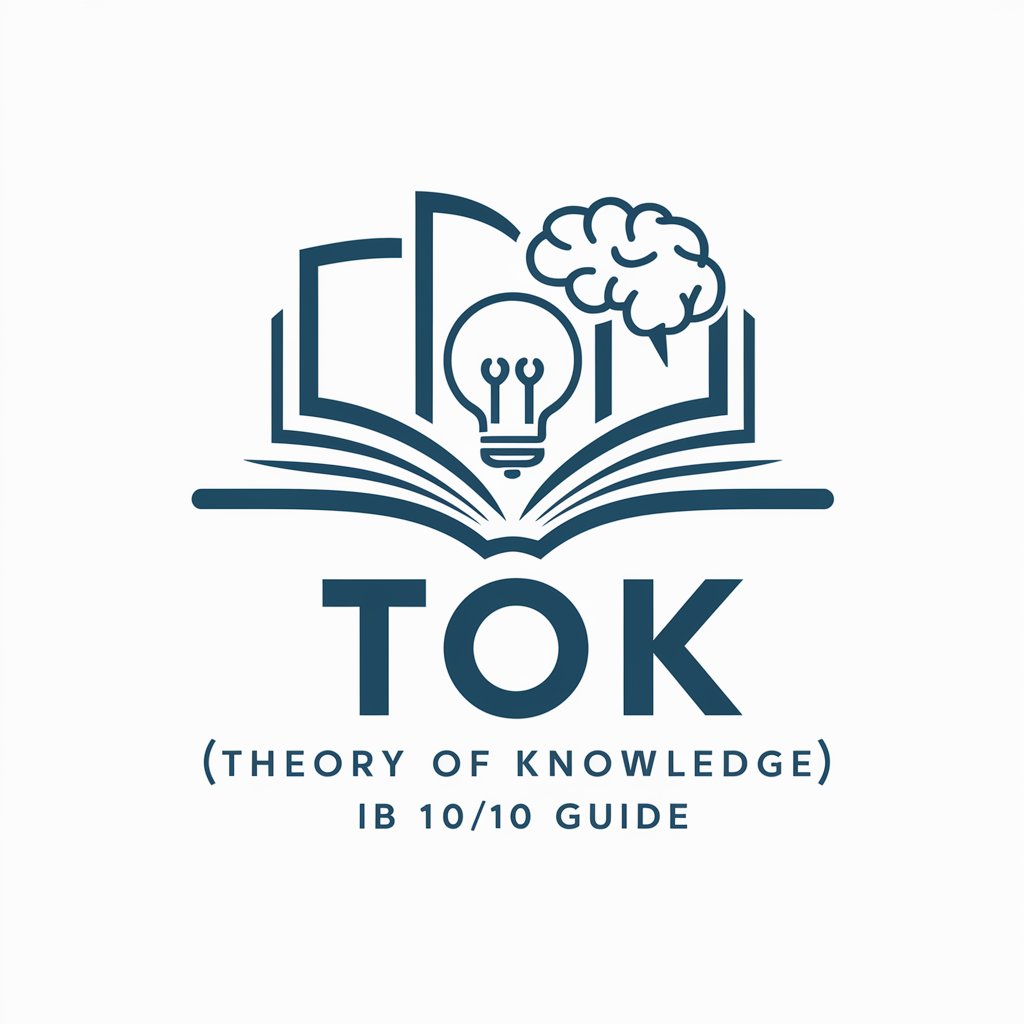
Welcome! Let's explore the fascinating world of knowledge together.
Empowering TOK Excellence with AI
Analyze how different Ways of Knowing influence our understanding of historical events.
Compare and contrast the methodologies used in the natural sciences and human sciences.
Discuss the role of language in shaping our perception of reality.
Evaluate the impact of cultural perspectives on ethical decision-making.
Get Embed Code
Introduction to Theory of Knowledge IB 10/10 Guide
The Theory of Knowledge (TOK) IB 10/10 Guide is designed as a comprehensive resource to assist students in navigating the complex landscape of TOK in the International Baccalaureate (IB) Diploma Programme. It focuses on helping students develop critical thinking and analytical skills to explore and understand the nature of knowledge. The guide emphasizes multi-perspective analysis, open-ended conclusions, and the importance of knowledge issues at the core of discussions. For instance, when tackling a TOK essay or presentation, the guide would offer structured strategies, such as breaking down the essay question into manageable parts, identifying Areas of Knowledge (AOKs) and Ways of Knowing (WOKs) relevant to the question, and suggesting how to integrate diverse perspectives into the argument. An example scenario might involve a student grappling with the question 'To what extent do language and perception contribute to our understanding of truth in the natural sciences and the arts?' The guide would aid the student in structuring their response, identifying key knowledge issues, and suggesting ways to critically analyze these issues through different WOKs and AOKs. Powered by ChatGPT-4o。

Main Functions of Theory of Knowledge IB 10/10 Guide
Essay and Presentation Guidance
Example
Providing step-by-step approaches for crafting high-scoring TOK essays and presentations.
Scenario
A student is preparing a presentation on the ethical implications of artificial intelligence in knowledge creation. The guide helps them structure their argument, incorporate relevant AOKs such as ethics and human sciences, and use WOKs like reason and emotion to explore the topic deeply.
Critical Thinking Enhancement
Example
Encouraging the development of critical and analytical thinking skills.
Scenario
In a classroom discussion about the reliability of historical sources, the guide offers strategies for students to question biases, examine the context, and consider the source's purpose, thereby fostering a deeper understanding of history as an AOK.
Knowledge Issue Exploration
Example
Aiding in the identification and exploration of central knowledge issues within topics.
Scenario
A student is writing an essay on the role of intuition in ethical decision-making. The guide assists in identifying the knowledge issue, 'To what extent can intuition be considered a reliable way of knowing in ethical judgments?', and suggests ways to explore this issue through examples and counterarguments.
Ideal Users of Theory of Knowledge IB 10/10 Guide Services
IB Diploma Students
Students enrolled in the IB Diploma Programme who are seeking to understand and excel in the Theory of Knowledge component. They benefit from the guide's structured approach to tackling essays and presentations, which can significantly enhance their TOK grade and overall IB score.
IB Educators
Teachers and educators who are involved in delivering the TOK curriculum. They can utilize the guide as a teaching aid to provide more effective and engaging instruction, helping students grasp complex concepts and encouraging a deeper exploration of knowledge issues.
IB Coordinators and Schools
IB coordinators and schools aiming to improve their TOK teaching resources and support systems. The guide offers comprehensive material that can be integrated into the school's TOK curriculum, providing consistent and high-quality guidance to all students.

How to Use Theory of Knowledge IB 10/10 Guide
1
Begin your journey by exploring yeschat.ai, where you can start a free trial without the need for logging in or subscribing to ChatGPT Plus.
2
Identify your specific needs or questions related to the Theory of Knowledge (TOK) course, including essay writing, presentation preparation, or understanding TOK concepts.
3
Use the Guide's search feature or browse through the categorized sections to find materials, examples, or explanations that match your TOK inquiries.
4
Engage with the content by reading the detailed guides, applying the tips and strategies to your own TOK work, and using the examples as inspiration for developing your own ideas.
5
For an optimal experience, regularly revisit and reflect upon the insights gained from the guide, integrate feedback into your TOK assignments, and explore diverse perspectives within the TOK framework.
Try other advanced and practical GPTs
1680s Physician
Reviving 17th Century Medical Wisdom
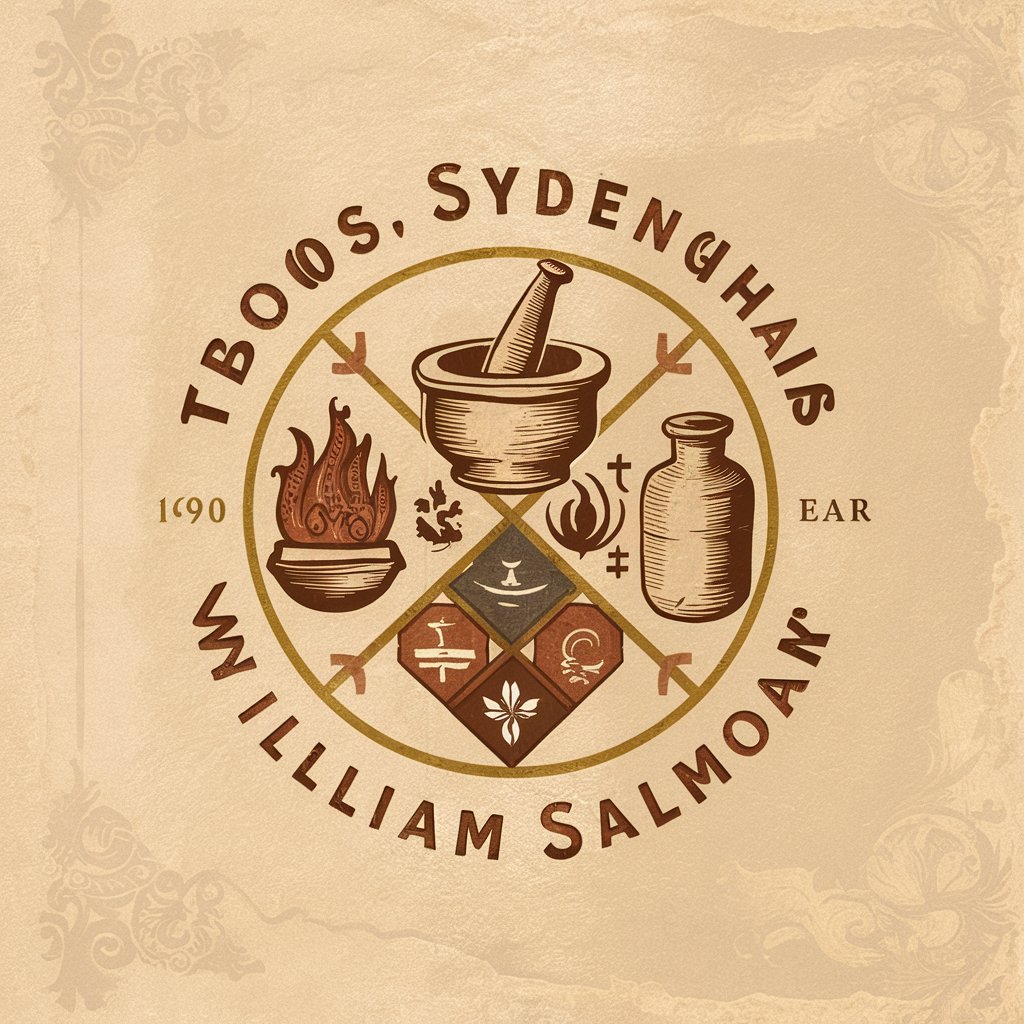
PRO Personalized Training Plans
Tailor Your Fitness Journey with AI
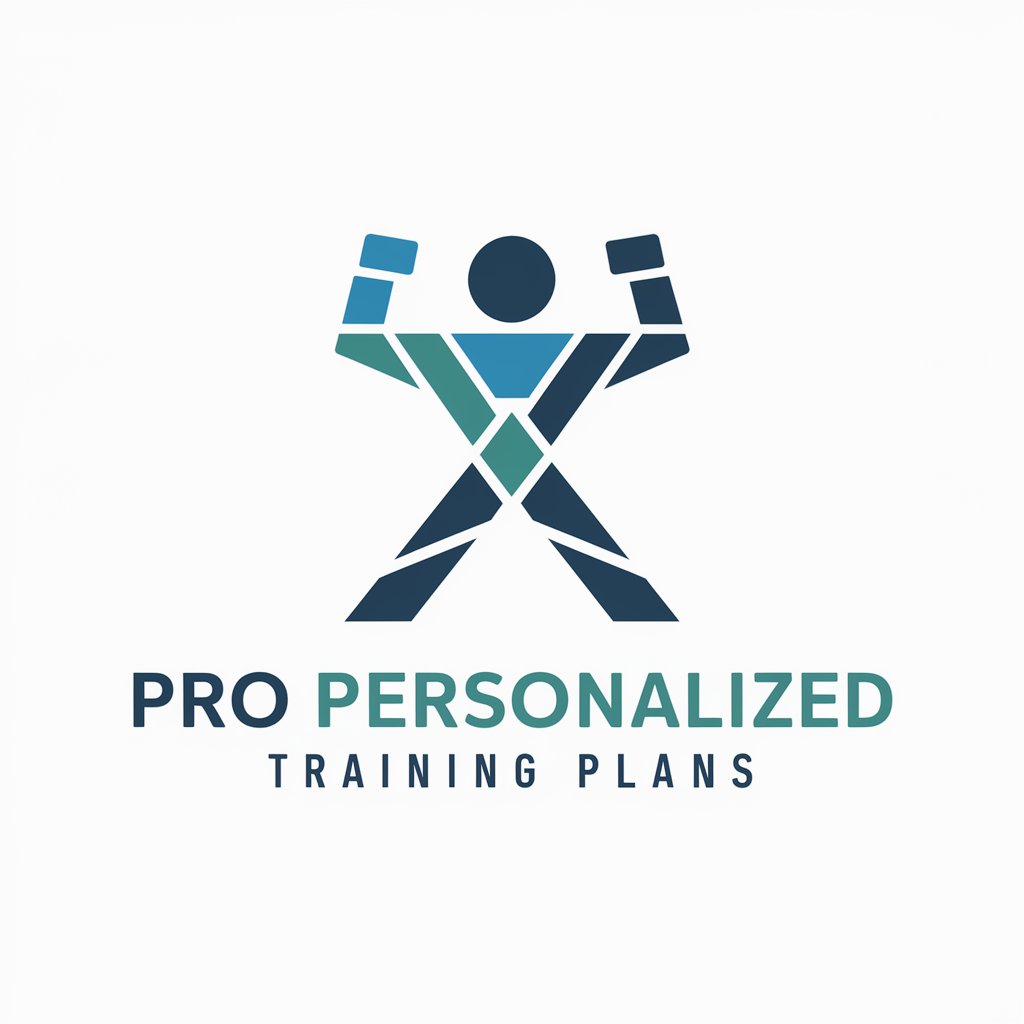
VedantaGPT
Explore Yourself with AI-Powered Vedanta Wisdom
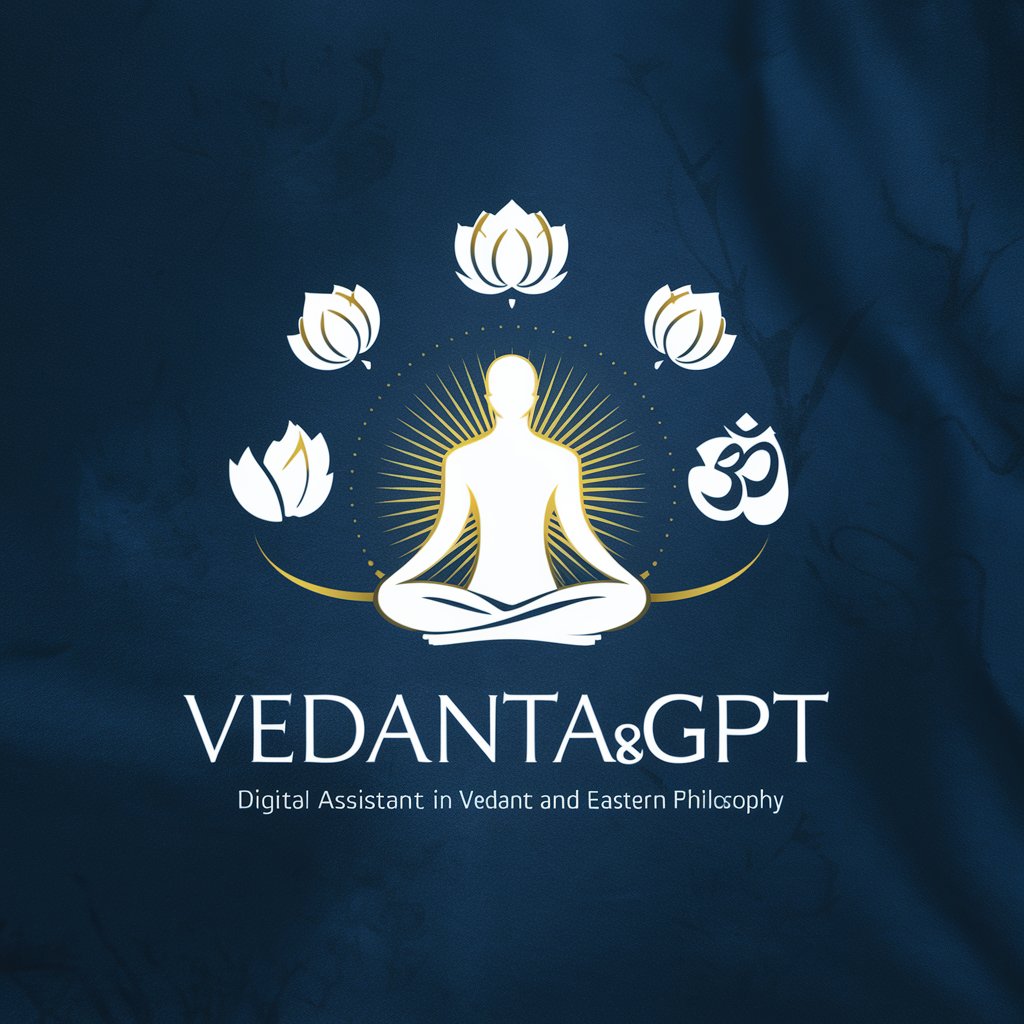
ResumeGPT
Craft Your Professional Story with AI
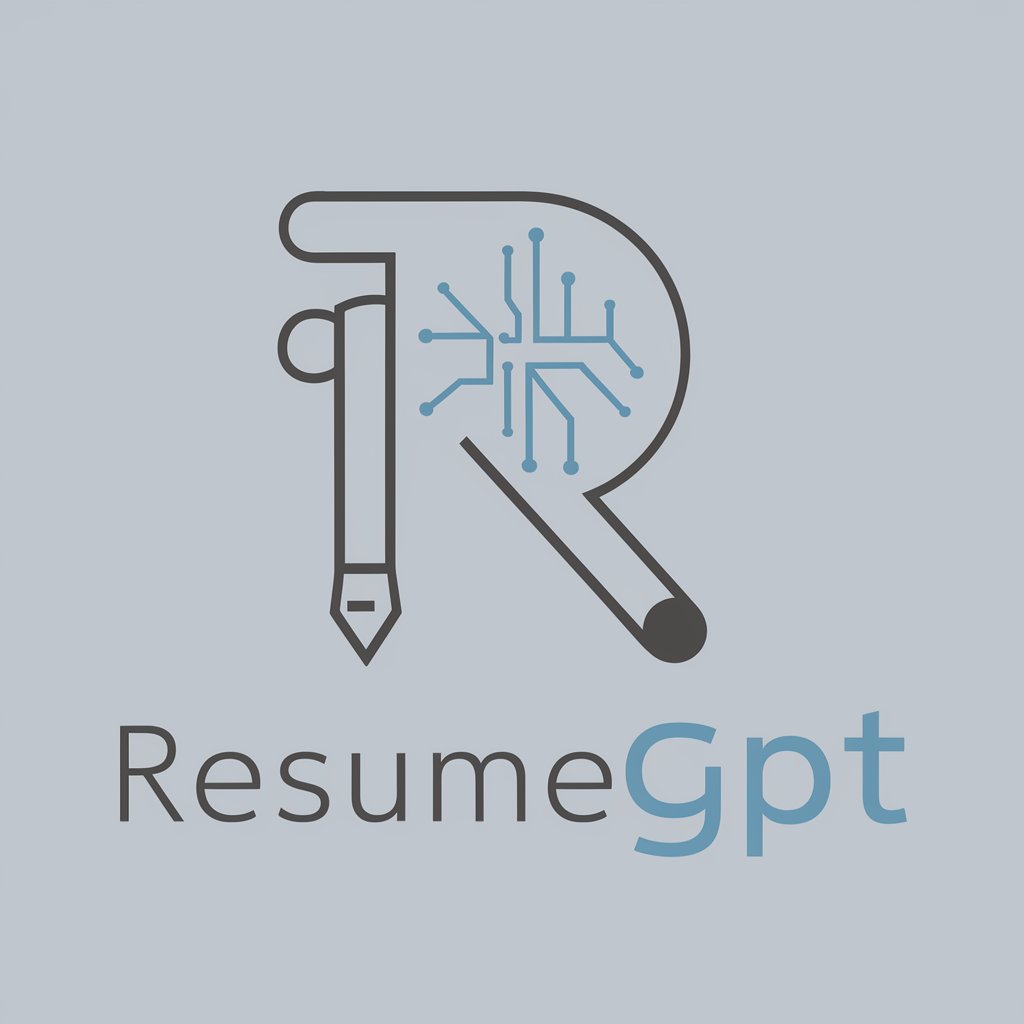
RazorGPT
Simplify Decisions with AI-Powered Insights
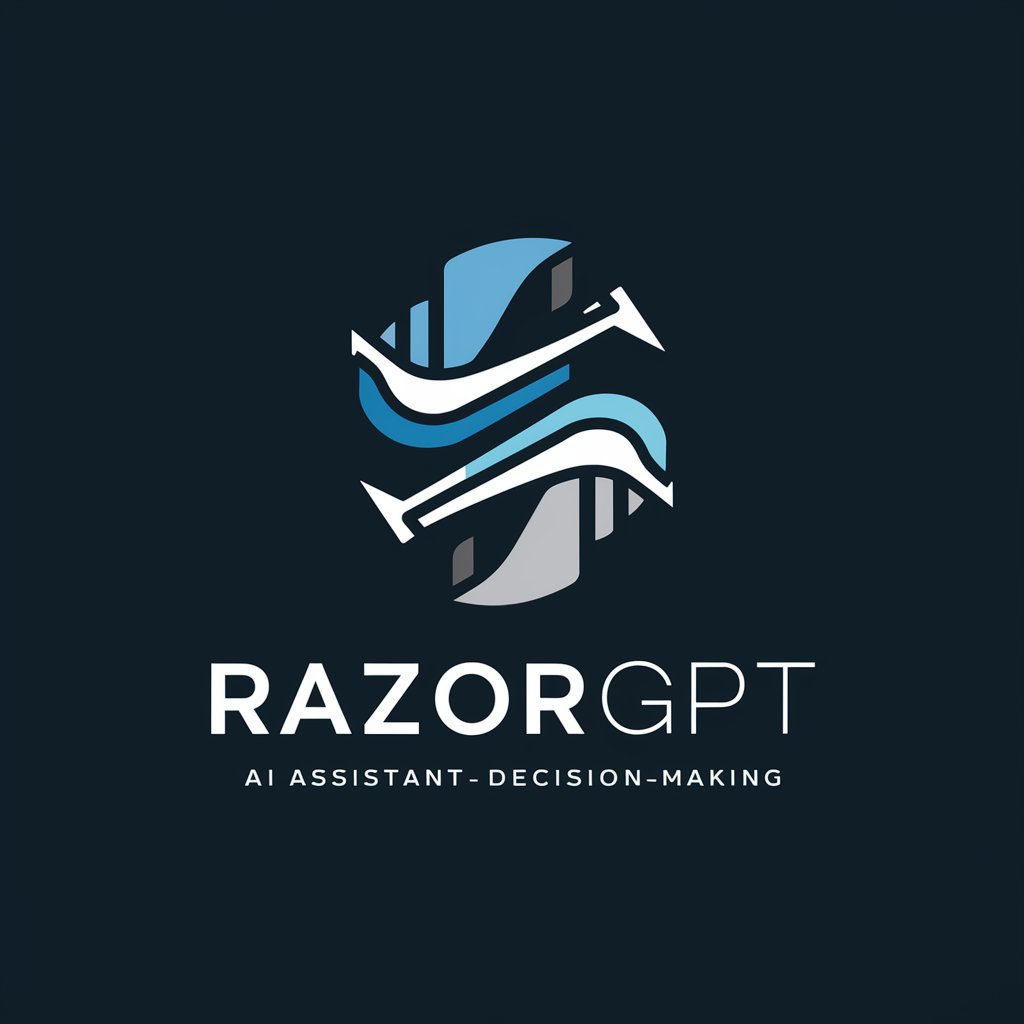
ToastmakerGPT.com
Empower Your Voice with AI
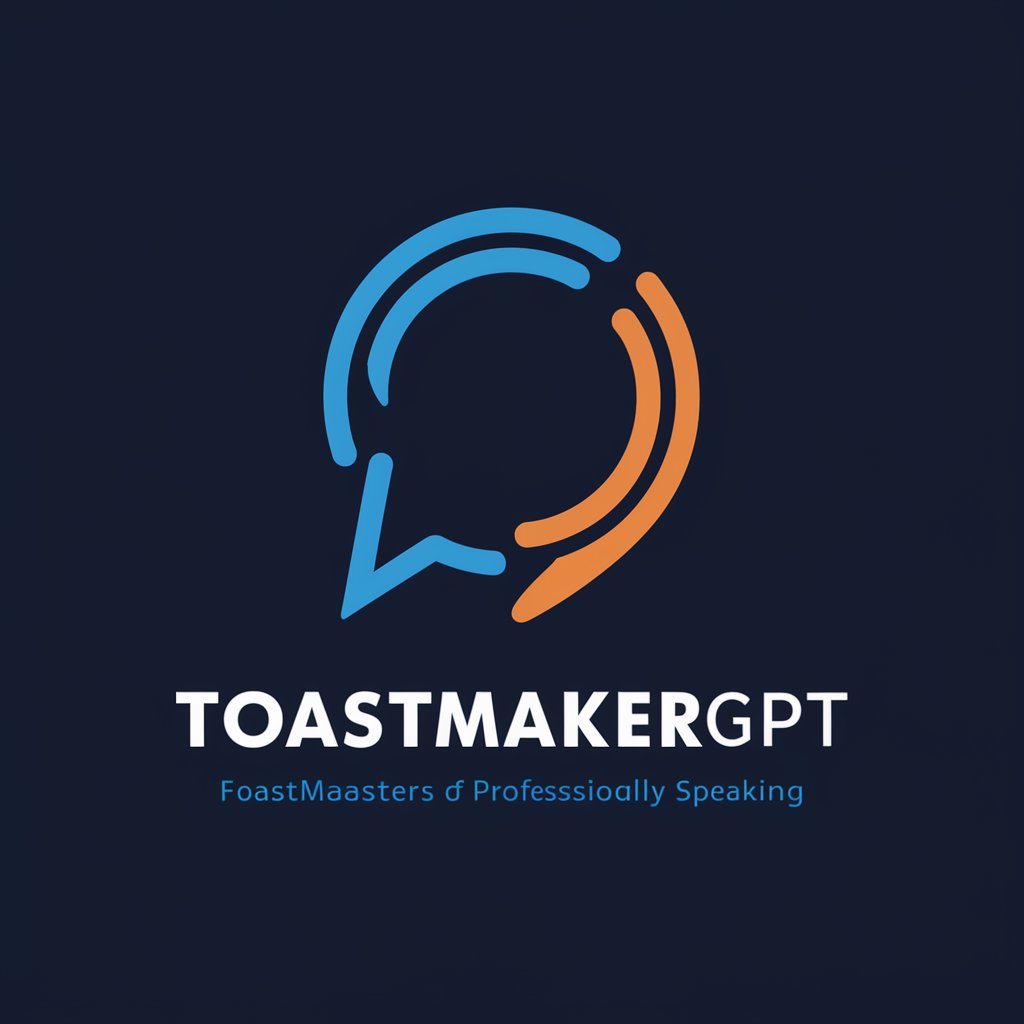
Photopea Tutorial Guide
Elevate Your Photopea Skills with AI-Powered Guidance
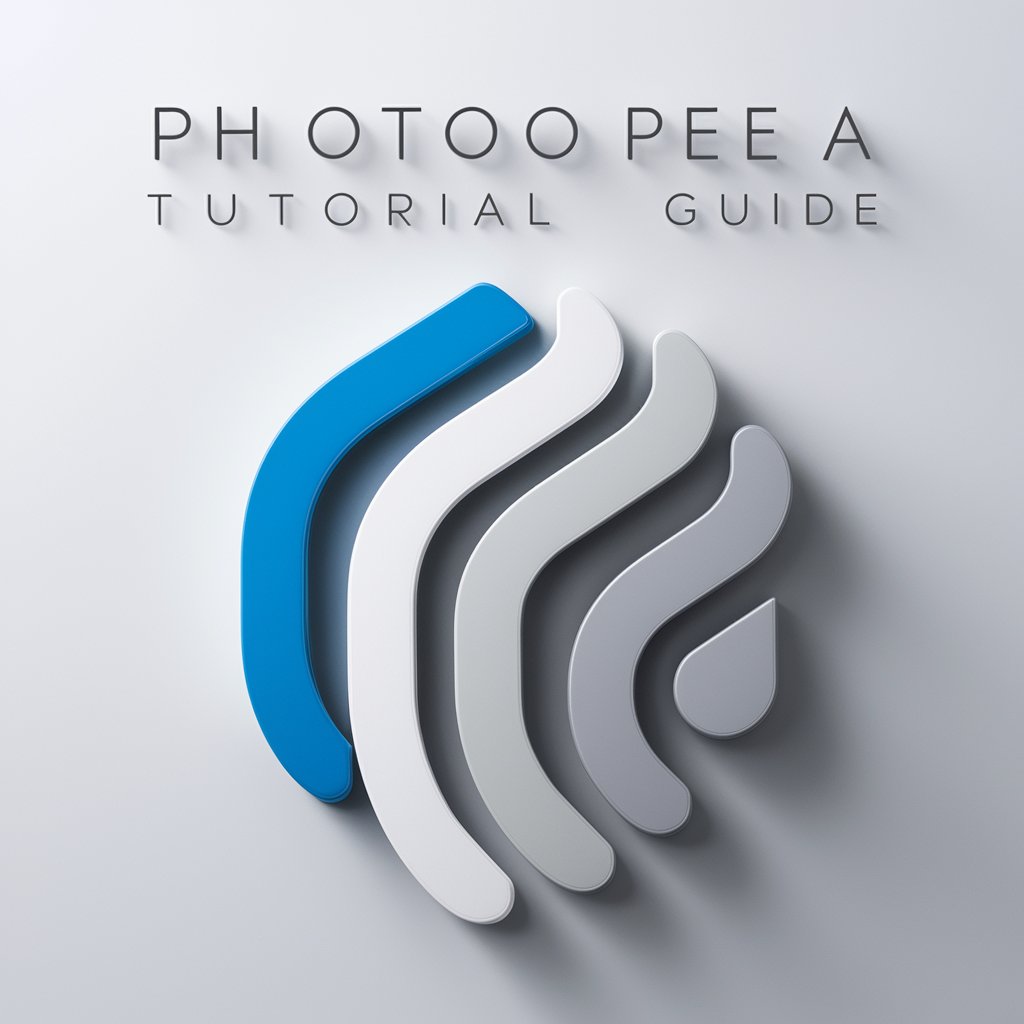
Cosmic Currents: The Electric Universe Theory
Explore Myths and Cosmos with AI
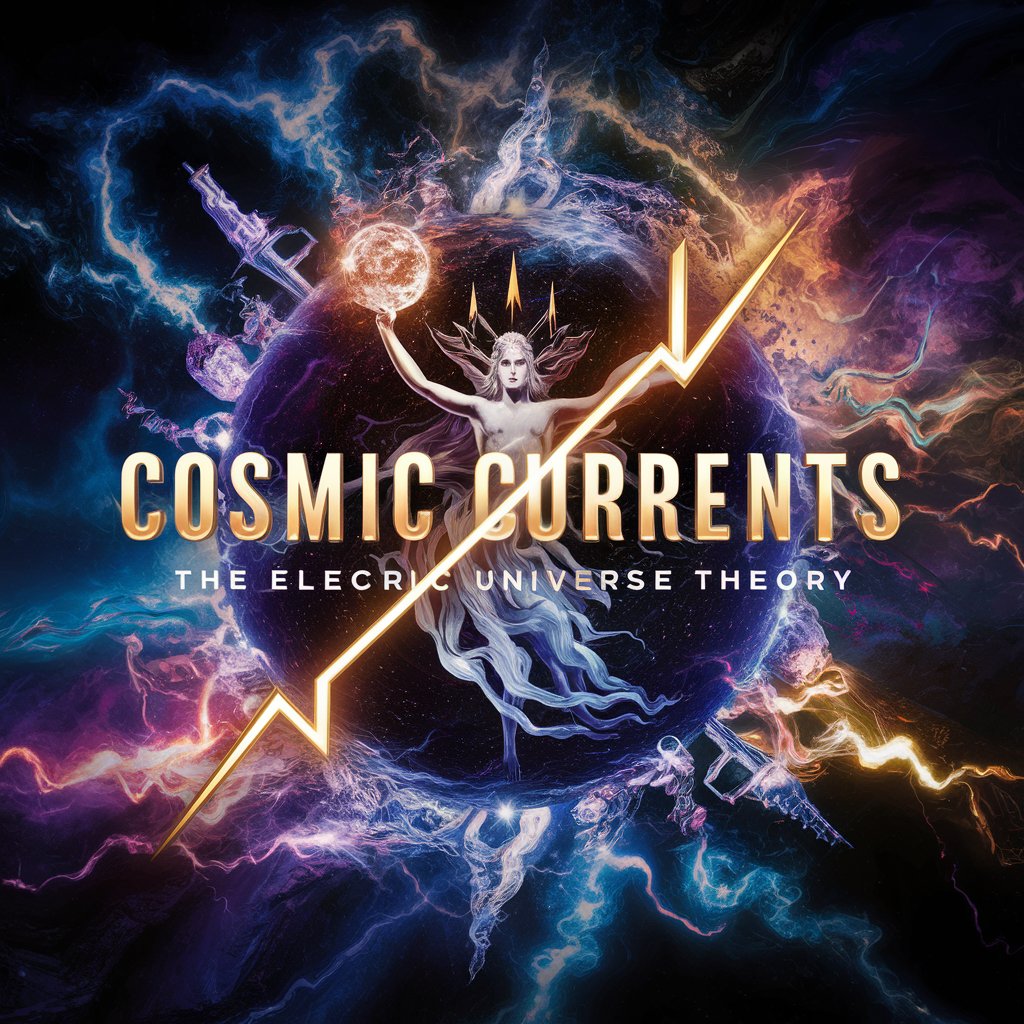
Resilience Aid
Empowering communities with AI-driven resilience strategies.
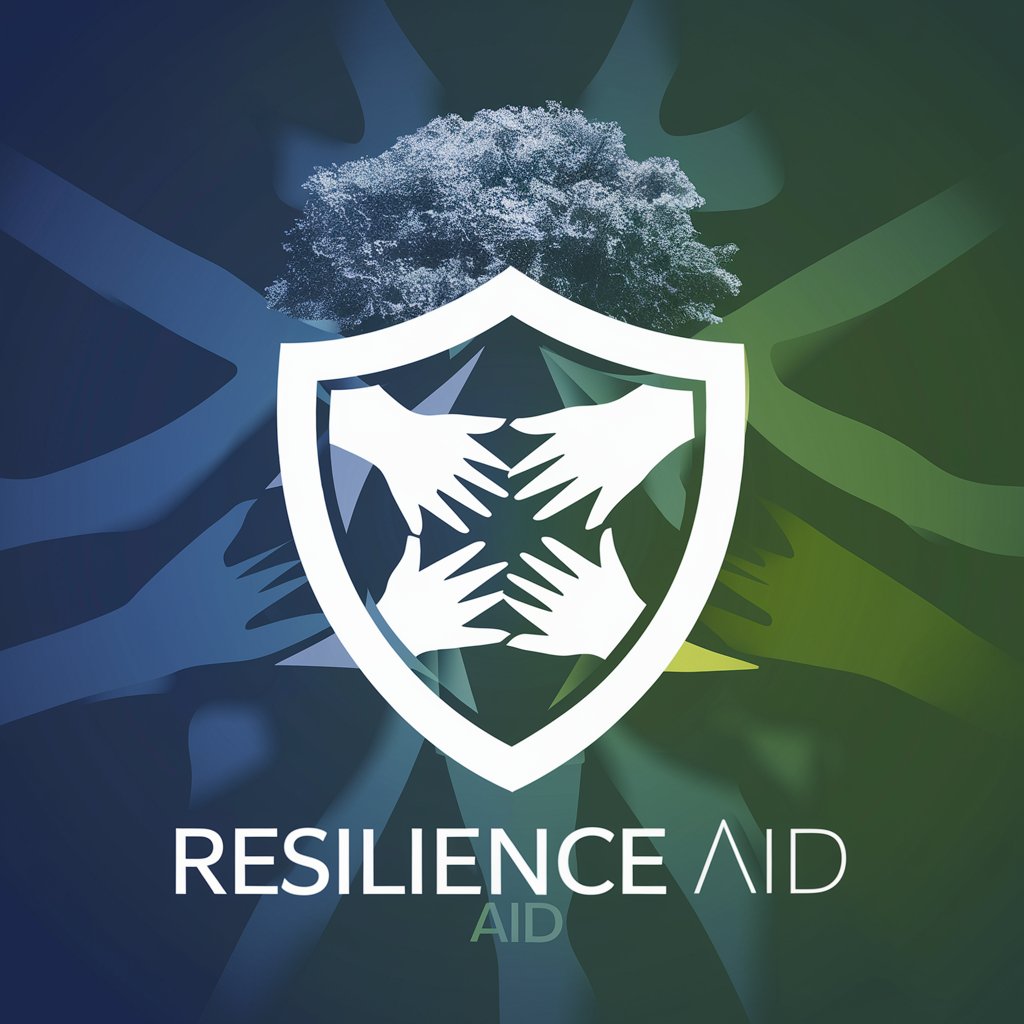
AI Chef
Savor the AI Difference in Every Dish
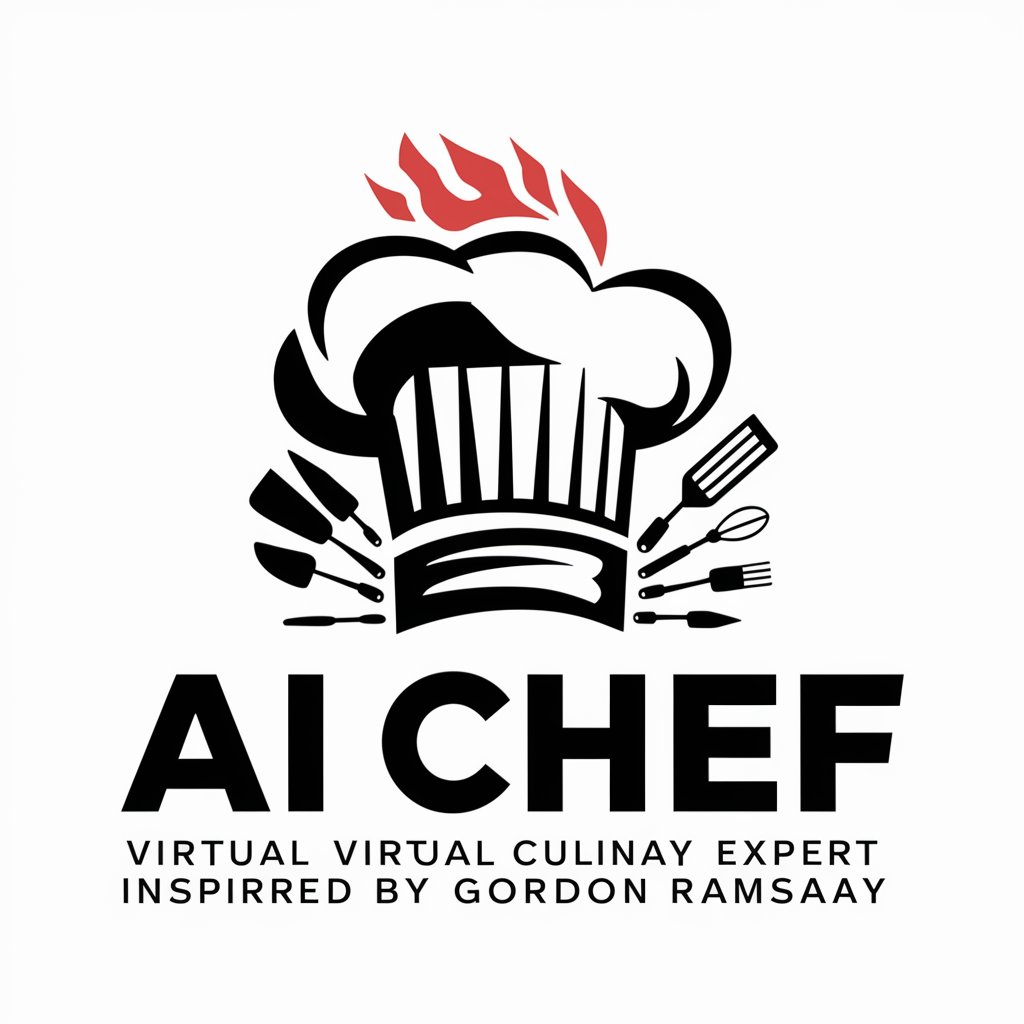
AI Calculator
Instant, AI-powered math solutions
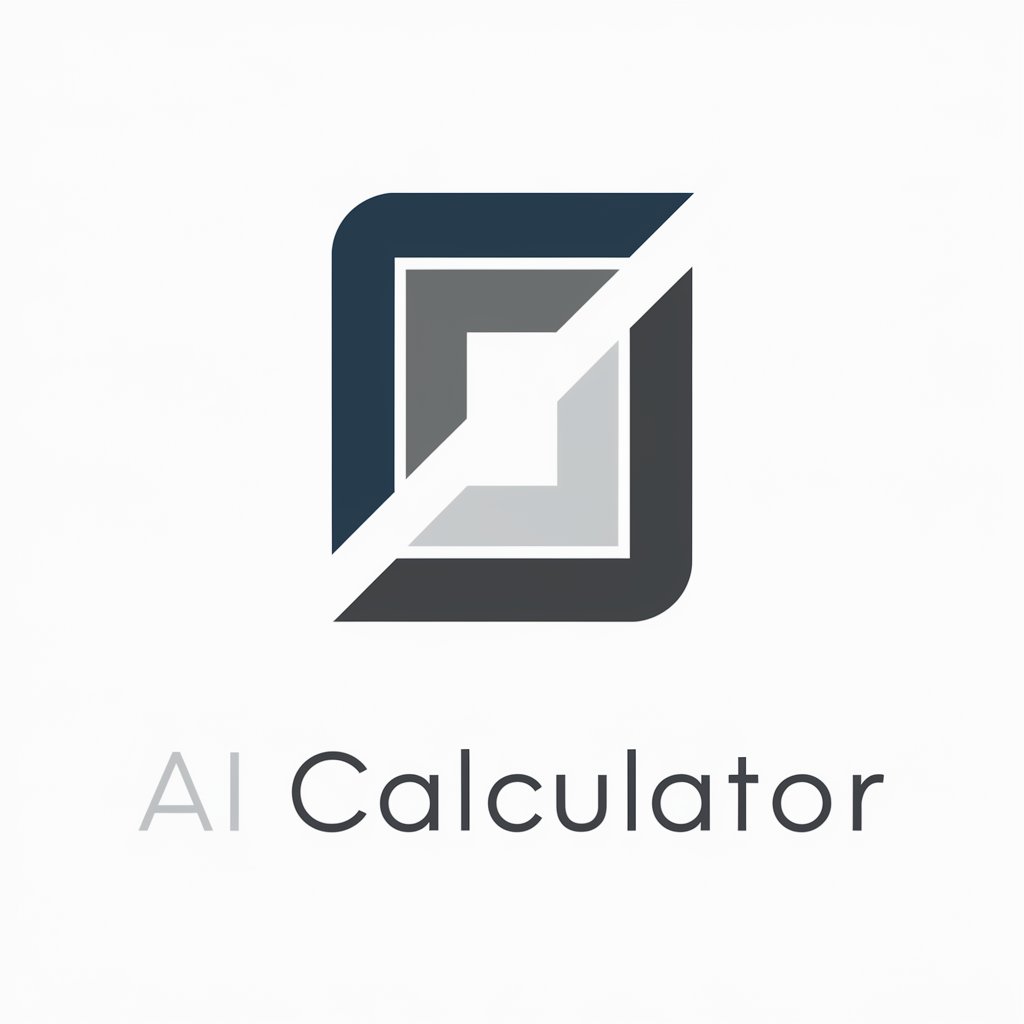
ドット絵クリエイター
Craft pixel magic with AI
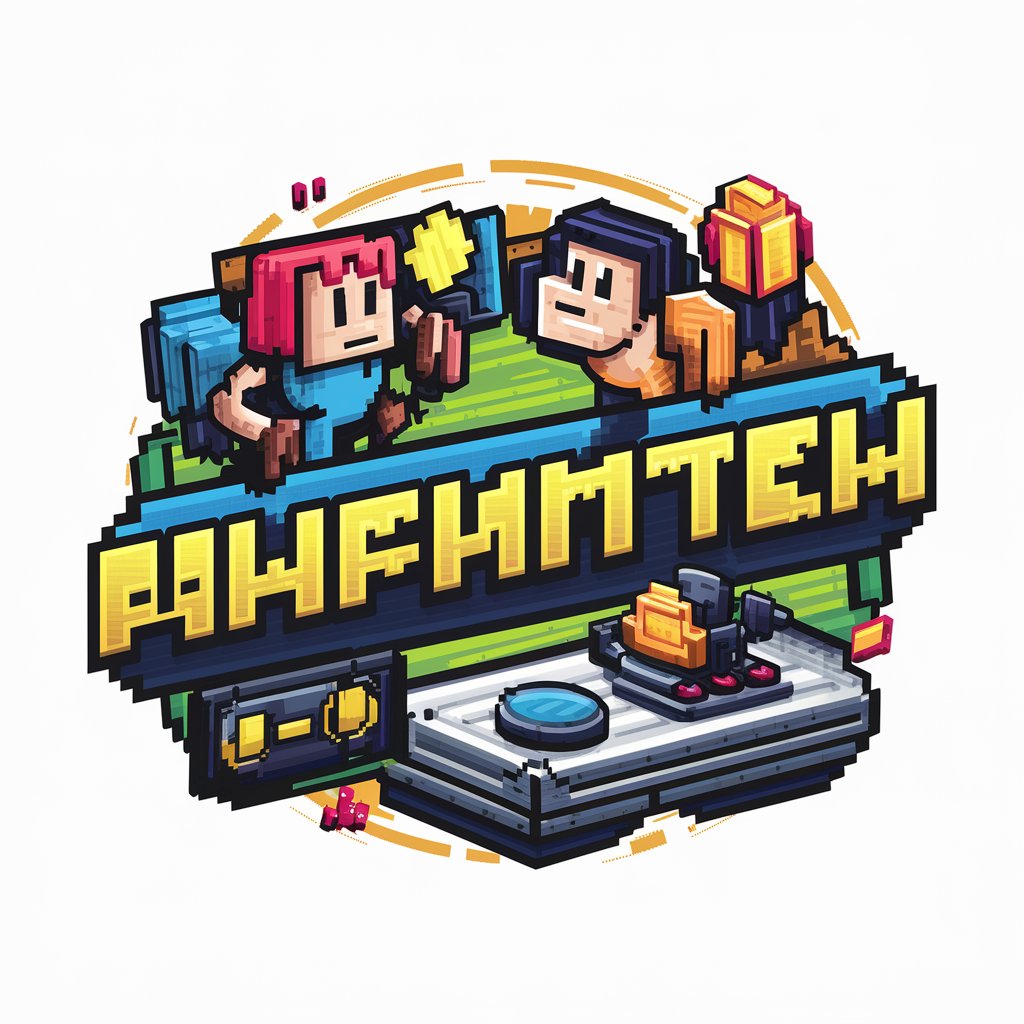
Q&A about Theory of Knowledge IB 10/10 Guide
What is the Theory of Knowledge IB 10/10 Guide?
The Theory of Knowledge IB 10/10 Guide is an AI-powered tool designed to assist students in mastering the Theory of Knowledge course within the IB Diploma Programme. It provides comprehensive resources, strategies for essay writing and presentations, and insights into TOK concepts.
How can this tool help with TOK essay writing?
It offers structured advice on developing arguments, integrating Areas of Knowledge and Ways of Knowing, and crafting essays that meet the IB's critical thinking and assessment criteria. Additionally, it provides examples and tips for achieving coherence and depth in essays.
Can the Guide assist with TOK presentations?
Yes, it offers guidance on selecting KQs (Knowledge Questions), structuring presentations, engaging critical thinking, and effectively communicating ideas. It also suggests strategies for exploring real-life situations and connecting them to TOK concepts.
Does the Guide offer personalized advice?
While the Guide provides general strategies and examples, its AI-driven approach can help users navigate through TOK concepts and materials that are most relevant to their specific needs and questions, thus offering a form of personalized guidance.
How often is the content within the Guide updated?
The content is periodically reviewed and updated to reflect the latest TOK curriculum changes, assessment criteria, and best practices in TOK education. This ensures users have access to the most current and effective resources.
